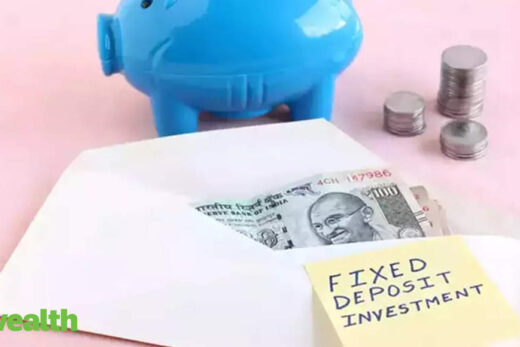The Maharaja Mac is the Indian variant of McDonald’s globally popular Big Mac burger. In India, the two succulent beef patties are replaced by chicken or
cutlet, with oodles of cheese, iceberg lettuce, onions and a premium sauce.
According to the Reserve Bank of India, the use of the term Maharaja Mac is not just limited to filling your stomach but also to assess the currents of the global economy. In a light-hearted study released in the central bank’s Bulletin on Tuesday, the RBI turned the famous and controversial Big Mac Index on its head.
For the uninitiated, the Big Mac Index is a tongue-in-cheek guide on whether a currency is at its right level. It was introduced by the Economist magazine in 1956. The index is based on the notion that ultimately, the exchange rate should move towards a point that would equalise the price of an identical basket of goods in any two countries.
The index had its latest update recently and showed that the Indian rupee was undervalued by as much as 18 per cent to the US dollar. It was never intended as a precise gauge of currency misalignment, but it has become a global standard, a part of several economic textbooks and the subject of dozens of academic studies, the RBI said in its article, State of the Economy, released in the Bulletin. “We decided to give the Big Mac’s currency valuation powers a go by and turned it on its head. Looking at affordability or how many burgers can a currency buy relative to the US dollar, we measure how much a country’s GDP is valued in purchasing power terms. Voila!” said the RBI in its study.
According to the findings of the RBI, in terms of buying a McDonald’s Maharaja Mac, India was the fourth largest economy in the world behind China, the US and Japan. Interestingly, according to the RBI, China is the world’s largest economy in terms of purchasing power parity.
The findings of the study by RBI conform broadly with that of the International Monetary Fund. According to the IMF’s study, done in April, China was ranked at the top, followed by the US and India.
The next time you grab that Maharaja Mac, spare a moment to ponder over the economic consequences. Bon appetit!



